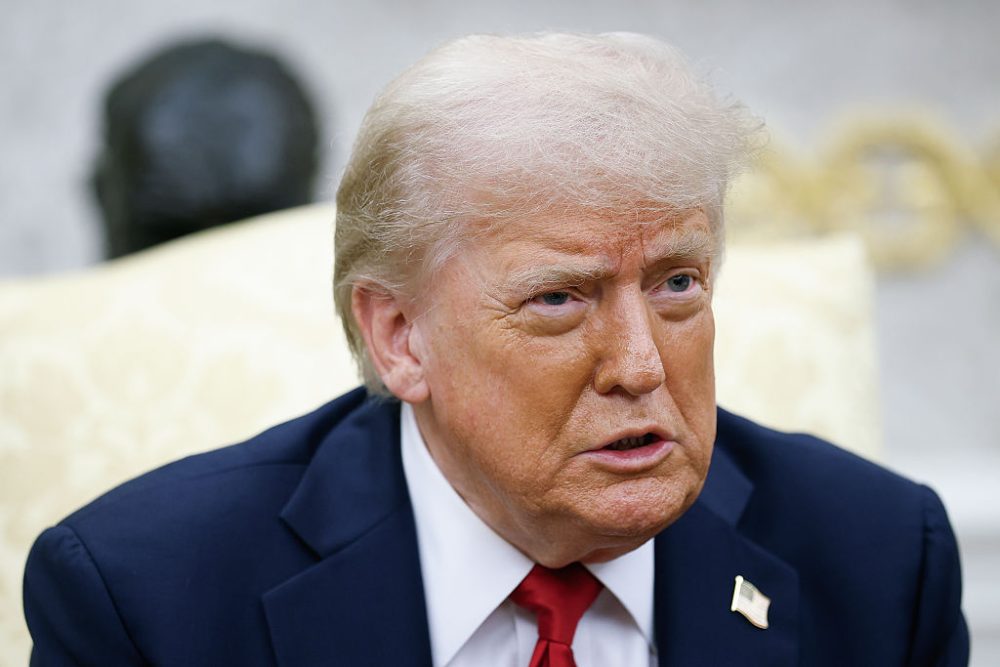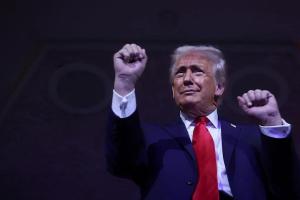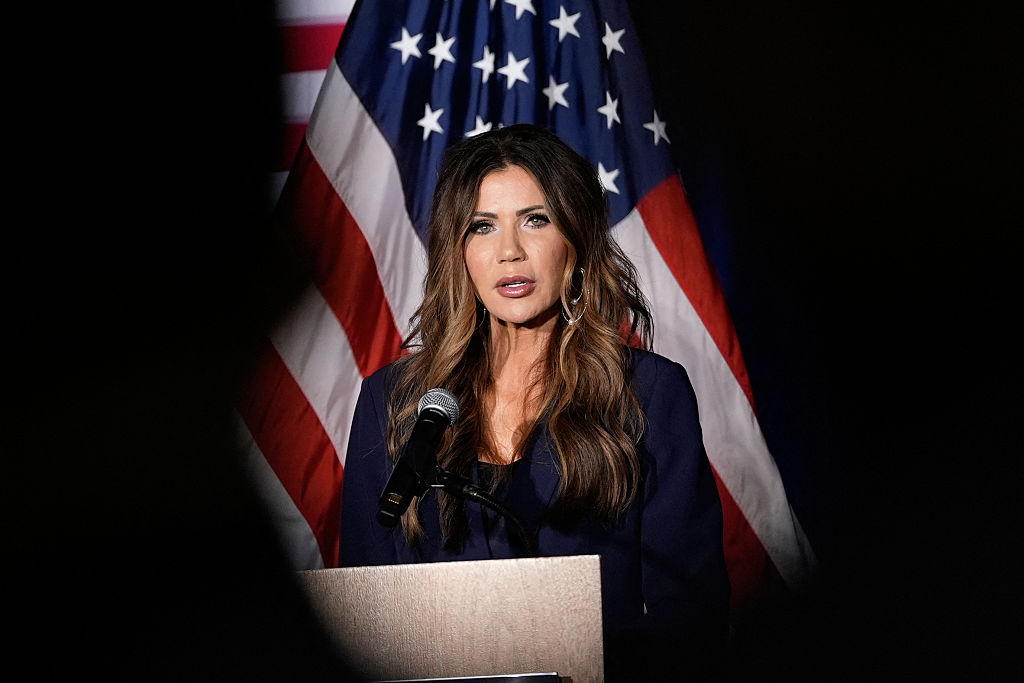Openly, President Trump has expressed a desire to win the Nobel Peace Prize. This is understandable. It is “the world’s most prestigious prize.”
That is the judgment of the Oxford Dictionary of Contemporary World History.
The prize is associated with some golden names: Albert Schweitzer, Andrei Sakharov, Mother Teresa. All of those were Nobel peace laureates. Of course, Yasser Arafat was too. The history of the prize is messy, like history itself.
Last month, the Pakistani government nominated Trump for the Nobel Peace Prize. That was for his intervention in the Pakistani-Indian clash over Kashmir. The Indians were less keen on his intervention, but that is another matter.
A veteran Pakistani politician, Senator Mushahid Hussain, had a wry, realistic comment. Discussing the government’s nomination of Trump, he said, “If this panders to Trump’s ego, so be it. All the European leaders have been sucking up to him big-time.”
Less than 24 hours after Pakistan nominated Trump, he joined the Israelis in bombing Iran’s nuclear facilities. The Pakistani government denounced this as “a serious violation of international law.” But it has not withdrawn its Nobel nomination – which is awkward?
When Israel’s prime minister, Benjamin Netanyahu, arrived in Washington on July 7, he was pleased to tell Trump that he himself would make a nomination: he would nominate the President for the peace prize.
Trump would not be the first US president to win it. Three sitting presidents have: Theodore Roosevelt, the laureate for 1906; Woodrow Wilson, the laureate for 1919; and Barack Obama, the laureate for 2009. A former president, Jimmy Carter, won it in 2002.
The prizes to Roosevelt and Obama are two of the most controversial in Nobel history. The New York Times thought “a broad smile illuminated the face of the globe” when the prize was awarded to TR: “the most war-like citizen of these United States.”
Roosevelt won the prize for several reasons, the most important of which was his mediation in the Russo-Japanese War, which resulted in the Portsmouth Treaty of 1905.
Why did Obama win it, about 100 years later? Again, for several reasons. Mainly, however, he won for not being his predecessor, George W. Bush. This is how it appeared to many of us.
Bush was considered a reckless unilateralist, going it alone. Obama, by contrast, was the thoughtful multilateralist, consulting world opinion.
The president himself was perplexed by his receipt of the Nobel – possibly embarrassed. He was asleep at the White House when the prize was announced. All of us Americans were still abed. Later, Obama walked into the Rose Garden and said, “Well, this is not how I expected to wake up this morning.”
Who decides? Who decides who gets “the world’s most prestigious prize?” The Norwegian Nobel Committee, a body of five.
In his will of 1895, Alfred Nobel outlined five prizes: for chemistry; physics; physiology or medicine; literature, and peace. Nobel was a Swede. Four of the prizes were to be administered by Swedish institutions. The one for peace, however, was to be administered by a Norwegian institution: the Storting, Norway’s legislature.
You may wonder: what about the prize for economics? That is not an original prize, a Nobel-willed prize: it is an add-on. In 1968, the Sveriges Riksbank – the central bank of Sweden – was marking its 300th anniversary. It established a prize formally known as “The Sveriges Riksbank Prize in Economic Sciences in Memory of Alfred Nobel.”
Back to the peace prize. The Norwegian people elect the members of the Storting. The members of the Storting elect the members of the Norwegian Nobel Committee. Therefore, the peace prize may be said to reflect Norway’s political culture.
Which is… what? Social democratic, egalitarian, consensus-seeking, et cetera.
Members of the committee serve six-year terms. They, and the prize, are independent of the Storting, independent of the government. But some people have trouble seeing that.
In 2010, the committee awarded the prize to a Chinese political prisoner, Liu Xiaobo, in absentia. The Chinese government retaliated against Norway, freezing diplomatic relations, imposing trade restrictions and so on.
Candidates for the prize come about through nominations. A great many people are eligible to nominate. Indeed, there are seven categories of nominator. These include committee members themselves (present and past). Members of “national assemblies and governments.” And “university professors of social science, history, philosophy, law and theology.”
The deadline for nominations is February 1, strictly speaking. But the committee has flexibility—and may study candidacies right up until the time the prize is announced, which is usually the second Friday in October. The Nobel ceremony takes place on December 10, the day of Alfred Nobel’s death.
His main criterion for the peace prize was “fraternity between nations.” Of course, “peace” has been interpreted broadly by the committee over the years – to include, for example, environmentalism. Also, the prize is to be given for work accomplished “during the preceding year.”
This stipulation has often been honored in the breach. Many Nobel prizes have the character of a lifetime-achievement award. But a stipulation it is.
In 2008, the chairman of the Norwegian Nobel Committee was Ole Danbolt Mjøs, who said something charming in an interview with the Guardian: “It is hard to believe that the world cares about what five unknown Norwegians think. It is the one day in the year when Norway is on the world stage.”
Would the committee give its prize to President Donald J. Trump? He doesn’t think so. “I won’t get a Nobel Peace Prize no matter what I do,” he stated on his Truth Social platform. He is probably right. But stranger things have happened– things stranger than Trump the Nobelist. Not many, but some.


























Leave a Reply